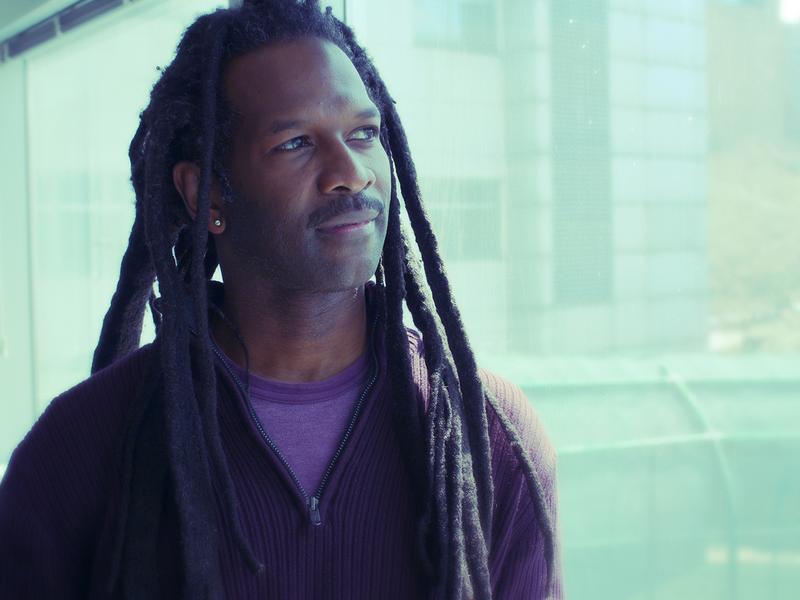
Dr. Carl Hart, a neuroscientist and the chair of Columbia University's Department of Psychology, likes to tackle stereotypes. That's one reason why he teaches his class "Drugs and Behavior" at 8:40 in the morning twice a week. Students have to be serious enough about the subject to drag themselves out of bed for it.
Students come to the class not just for Hart's expertise but for his uniquely personal approach to the subject matter. At a recent lecture, he talked about how opioids like heroin and morphine impact the brain, and then he asked the students to question what they were hearing in the media about how addictive opioids are, comparing public service announcements about the dangers of drug use to Saturday Night Live skits.
"It seems like it’s a horrible thing for someone like me, some smart ass, to make fun...of people who have heroin addictions," he admitted. "I’m not, trust me. As someone who uses heroin, I wouldn’t make fun of people who have a heroin addiction."
This reference to his own drug use floats by; you could miss it if you weren’t paying close attention. But after years of work in the lab, studying how drug users think, being honest about his own relationship with drugs is his next act. It's another way to prove the point he's been trying to make for years: that the stereotypes many people have about drug use and drug users are not accurate.
It's hard to overstate how influential Hart's work has been. I first met him a few years back, when he was about to release his book, High Price, which talked about his unconventional path to the Ivy League. Since then, he's become a worldwide expert in illegal drugs.
He said his ideas about drugs began to change earlier, when he was conducting research.
He used to advertise in the Village Voice, offering users the chance to use their drug of choice with one hitch: they had to live in the New York State Psychiatric Institute and consent to being strictly monitored. Crack and meth users, he found, would often pass up an immediate high if they were given a different kind of reward. In fact, twenty dollars was enough to get his research subjects to take a pass on an extra hit. In other words, drug users were more rational than he expected.
"I know Carl really well. I respect him a ton. I like him a lot too," said Michael Nader, a researcher at Wake Forest University who served on the National Advisory Council on Drug Abuse with Hart. He agreed that most people misunderstand how addictive drugs can be. The National Institutes of Health says about one out of four people who try heroin will become addicted, meaning three out of four won't become addicted.
But Nader said he worries not everyone can use drugs as casually as Hart does.
"He can recreationally use drugs, he can hold his job, he's got a family but for some people they can't. Those are the ones we're doing the research on and trying to find treatments," Nader said.
Hart said he was committed to changing the face of drug use, even if that meant making the face his own.
"It's trying to get people to understand that you can do these things and be responsible, and pay taxes, and take care of your family, and be successful" Hart said.
And when people ask why he felt compelled to share his own drug habits, his response is: "if not me, who?"
Hart is working on his next book. It's tentatively called Drug Use for Grown Ups.
